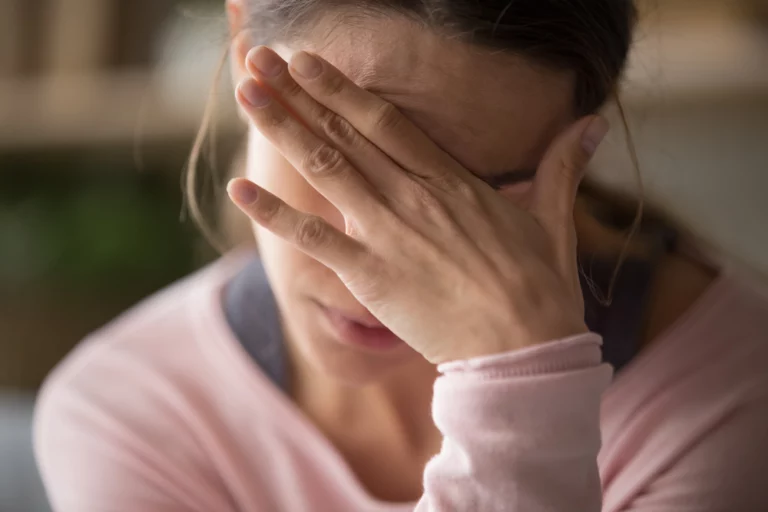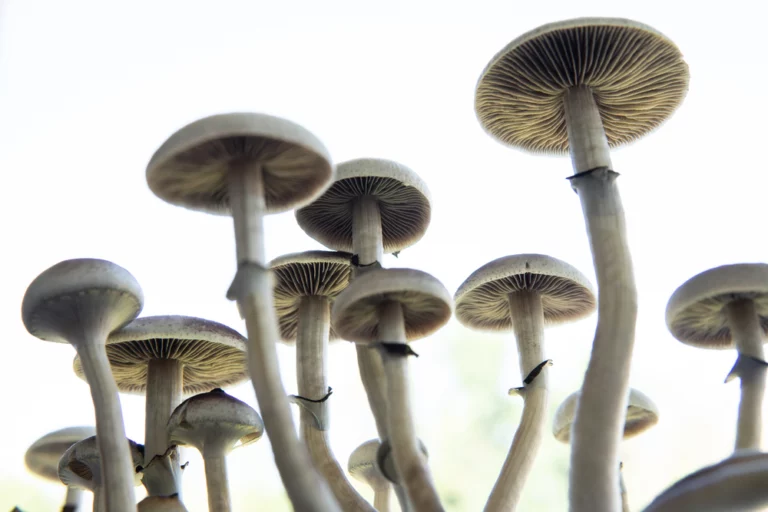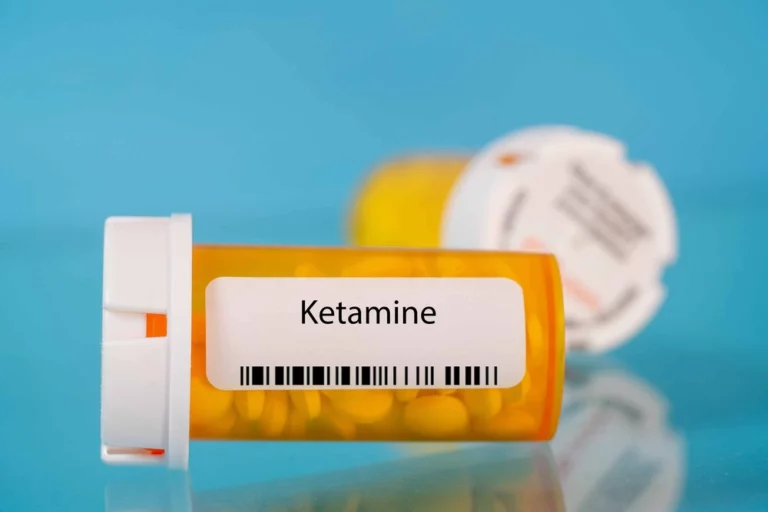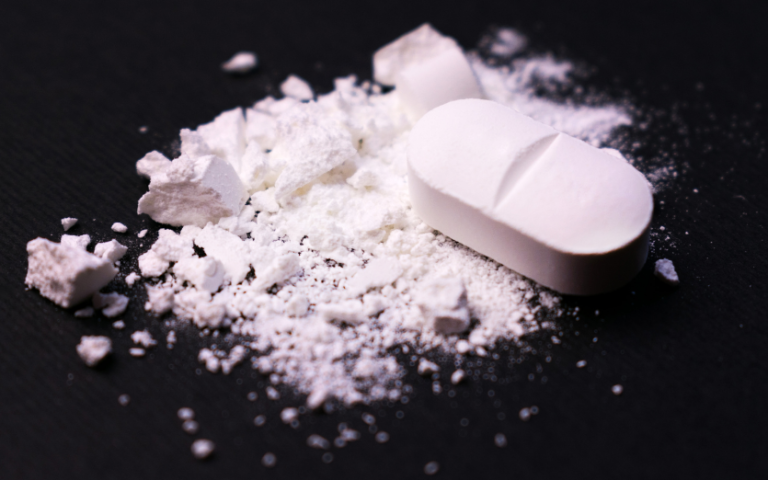If you want to know how to manage withdrawal symptoms as you detox from marijuana, especially irritability, this is the article for you. Even though marijuana is sometimes considered less addictive than other substances or not addictive at all, suddenly quitting can cause individuals to feel non-life-threatening, uncomfortable withdrawal symptoms.
This article provides tips on managing one of the most common marijuana withdrawal symptoms as you detox from marijuana. You’ll also learn why marijuana causes withdrawal symptoms and see an example of a typical marijuana detox timeline.
What Is Marijuana?
Cannabis, also called marijuana or weed, is a plant containing delta-9 tetrahydrocannabinol (THC), a psychoactive chemical that can cause individuals to feel relaxed, euphoric, and hungry (also called the “munchies”). The earliest reports of cannabis use have been dated back to 2800 BC when a Chinese emperor listed it under his book of medicinal drugs. Since scientists and experts have found medicinal uses for THC and CBD, most arguments for and against the drug can’t completely label it as harmful or beneficial.
Even though marijuana makes users feel relaxed and can support individuals with qualifying disabilities, people can get drawn into its instant effects and ignore the negative consequences. One report found that 76% of young adults using marijuana were using it to reduce anxiety, depression, pain, loneliness, and social discomfort and improve sleep and concentration. While these mental health issues may be temporally resolved, experts determined that long-term cannabis use actually worsens depression.
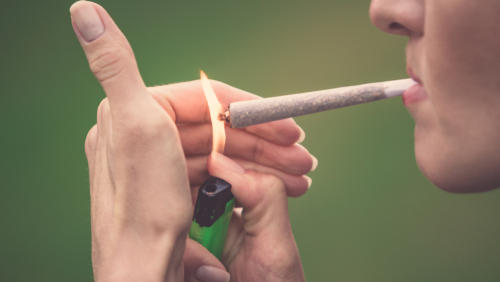
Does Marijuana Cause Withdrawal Symptoms?
Yes, marijuana can cause withdrawal symptoms. The most common include cravings, irritability, boredom, sleep problems, anxiety, sweats, and restlessness. Other users may feel a sudden lack of appetite, gastrointestinal issues, and stomach pain. These withdrawal symptoms are not physically dangerous, and there are no reports of fatalities linked to cannabis or its withdrawal symptoms. But, most withdrawal symptoms can be connected to the reasons why individuals may use or self-medicate with cannabis in the first place.
If someone wants to reduce their daily feelings of anxiety or boredom, their body becomes reliant on delta-9 tetrahydrocannabinol (THC) and, in other words, slows down its production of feel-good chemicals like dopamine and endorphins. Then when you decide to detox from marijuana, your body and mind are caught off guard, and withdrawal symptoms begin to set in.
Does Everyone Go Through Withdrawal Symptoms?
Not everyone experiences withdrawal symptoms, as one study found that only 47% of people who regularly smoked or consumed marijuana experienced withdrawal symptoms. Another report found that more young adults who use marijuana and experience withdrawal symptoms use it to self-medicate rather than those who don’t. This means that withdrawal symptoms and negative effects of marijuana are usually linked to individuals abusing the substance or using it to relieve mental health challenges.
Read more: Does Marijuana Increase Dopamine? Why It’s Temporary

How Long Does It Take To Detox From Marijuana?
It usually takes around two full weeks for your body to completely detox from marijuana and notice withdrawal symptoms disappear. Withdrawal timelines are usually specific to each individual, and if you smoke weed more often than others, chances are your withdrawal symptoms will last longer and feel more intense. But that doesn’t mean they’ll last forever, and there are things you can do while detoxing to avoid smoking again, which is going to be one of the strongest urges you’ll feel. Here’s what a typical cannabis withdrawal timeline looks like.
- Day 1: Within the first twenty-four hours of stopping marijuana use, individuals may experience minimal or no withdrawal symptoms.
- Day 2-3: The next few days can be accompanied by restlessness and sleep problems.
- Day 4-14: Between the fourth and fourteenth day of detoxing, withdrawal symptoms reach their peak. During this time, you might encounter sleep disruptions, restlessness, decreased appetite, feelings of anger, irritability, and depression.
- Day 15+: Once you make it past 14 days, most withdrawal symptoms should minimize or completely disappear. However, users who use marijuana to help them sleep can feel withdrawal symptoms for much longer.
Note: While it takes around 14 days for your body to readjust to functioning without THC, it can still be detectable in a urine test for up to 30 days, especially for daily or heavy users.
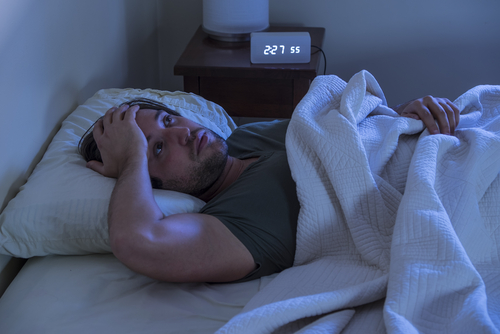
How To Manage Irritability While Detoxing
One of the biggest withdrawal symptoms experienced when heavy cannabis users go through detox is irritability. Once your body realizes it needs to produce its feel-good emotions again, it can be hard to do or accomplish simple tasks. You might be annoyed while playing video games or listening to music that you’re not high and the visual stimulation isn’t as fun. Or you might be uncomfortable or overstimulated in social environments where you used to be high.
Here are some ways to manage irritability as you detox from marijuana.
- Let someone know if they notice: If you’re around someone who notices you more annoyed than usual, and you feel comfortable sharing with them, tell them you’re detoxing from cannabis. This can help them understand that your irritability isn’t toward them, and they can even encourage you to continue detoxing.
- Change your surroundings or distract yourself: Heavy cannabis users can find it hard to be around people or in social situations where they used to smoke. In this case, try changing up your environment. Go for walks if you have five or ten minutes to spare, listen to some music, play board games, or build a puzzle. Try anything that stimulates and encourages creativity. Then, if you feel overexerted, take a break and return later.
- Go easy on yourself: A cannabis detox isn’t something every user can make it through on the first try, and this can be influenced by your own expectations. No one is completely comfortable all the time, and the irritability your feeling will eventually pass.
- Say you’re sorry when you need to: Irritably can cause you to say or do things you don’t mean, and you shouldn’t shift the blame on your detox. You’re in the middle of something important, but if you’re still around others, it can help to apologize when you say something rude or crass, even if they don’t know you’re going through cannabis withdrawal symptoms.
Symptoms of marijuana withdrawal are temporary and completely normal when quitting after long-term heavy use. Stay determined and continue to persevere because, in just a few weeks, you’ll start feeling even better than before.

Should You Detox From Marijuana By Yourself?
A lot of people trying to quit or cut back on their marijuana use can easily slip up and give in to the cravings or first feelings of irritability. While this isn’t the end of the world, relapsing can cause individuals with a cannabis use disorder to feel hopeless or unable to cope without cannabis. These psychological emotions can push individuals deeper into a marijuana addiction and make the next detox attempt harder.
If you need help detoxing from marijuana use, contact a professional detox program. These programs are usually covered by insurance and can help you overcome withdrawal symptoms and reduce the chance you’ll relapse during the detox. If you think your marijuana addiction has become something that needs to be professionally addressed beyond detox, contact an addiction treatment center right after. As we mentioned, most cannabis users smoke weed or eat edibles to relieve issues with their mental health, and treatment centers can use cognitive behavioral therapy to directly address those underlying causes.
Read more: Why Self-Medicating To Deal With Stress Is A Bad Idea

Contact Asheville Detox Center
If you or someone you know is struggling with cannabis detoxification, contact Asheville Detox Center. Our facility has all the tools and resources to detox from marijuana, minimize withdrawal symptoms, and guide you to the next path of recovery and wellness. Call today, and one of our experienced admission agents can help you get started.


